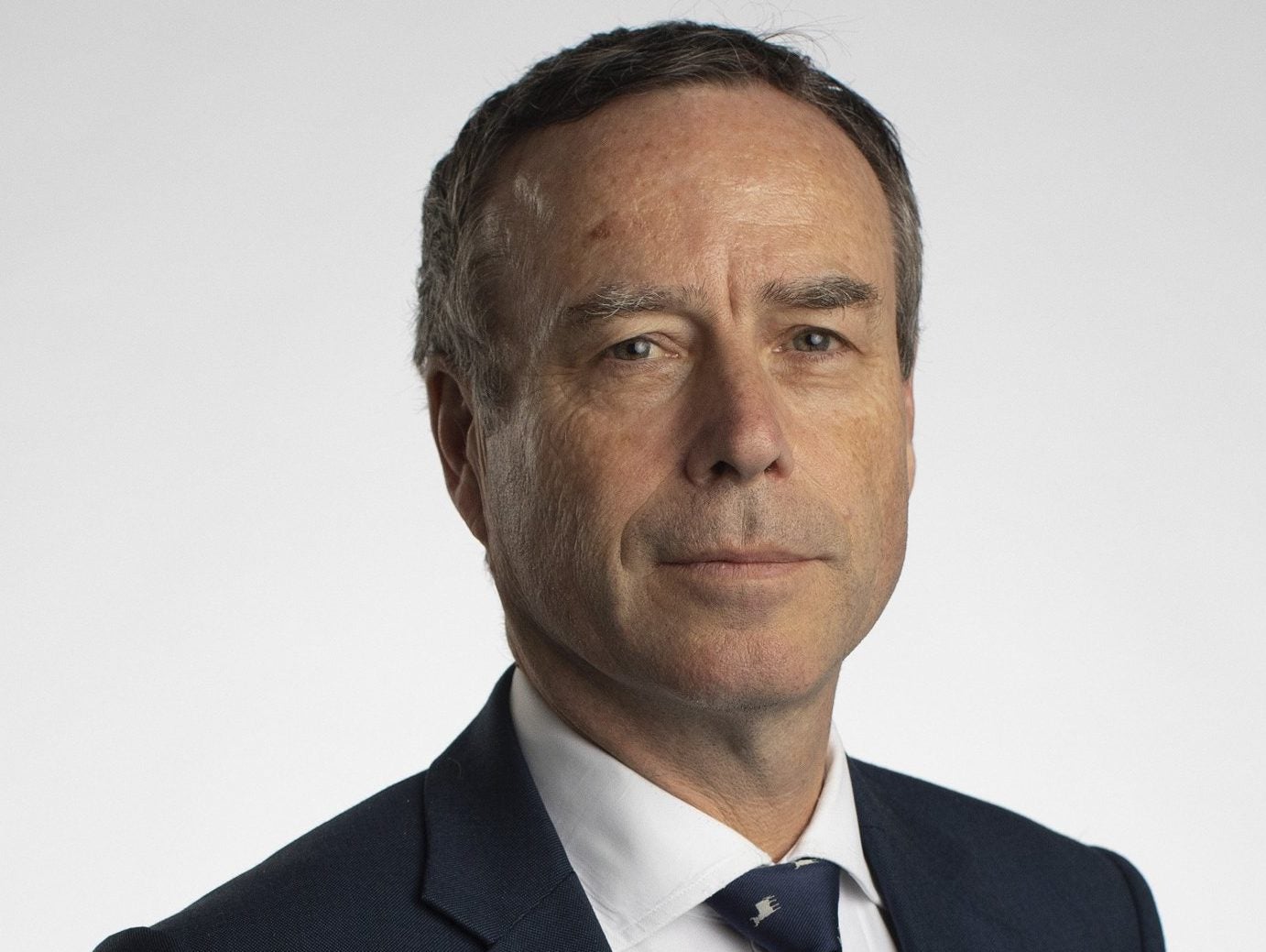
Lionel Barber has said he was invited to meet Tony Blair at Downing Street in his first week as editor of the Financial Times back in 2005, but warned access to power is “two-edged” for journalists.
Barber discussed aspects of the media industry and his editorship in an interview with the FT’s deputy opinion editor Miranda Green on his last day in charge of the business title yesterday.
Asked how he balanced the title’s access to powerful people with the “killer instinct” needed to get the story and hold those same people to account in the newspaper, Barber warned that “it’s easy with access to be captured”.
“In a way I have always taken the view that you have to be inside, close enough to see the whites of their eyes, but then to detach and then write from a slight distance,” he said.
“Now obviously the more intimate the relationship the more dangerous that relationship is.
“I remember being invited – indeed getting the call in the first week of taking over as [FT] editor in 2005 and who should it be? It’s Downing Street and Tony Blair and within three weeks I’m on the sofa talking to the Prime Minister.
“But I think one always has to bear in mind the lines. Access always has to be for a purpose… and if people threaten access either to me or to FT journalists I have always said: ‘Well I don’t care, we’re still going to write about you,’ and that’s happened a number of times.”
He said having multiple sources is the way to deal with access problems.
Barber told staff at the FT that they were “family” in his farewell speech to the newsroom before being banged out by staff in Fleet Street tradition and handing over to new editor Roula Khalaf.
Asked to define the biggest trends of his 14 years as editor, Barber listed the global financial crisis and its aftermath, the rise of China as a global superpower and the “upheaval” of technological change.
He said the arrival of the smartphone had “changed everybody’s lives, including how the media works”.
But he warned there would be “more disruption to come” with the rise of machine learning and artificial intelligence, adding: “For me it’s a bit man versus machines and the journalists, we need to take back control again.”
“The human mind cannot be replicated,” he told Green. “I think judgment is massively important in today’s media. You know all about fake news – that’s an often used term, but this notion of disinformation, misinformation, what can you trust?
“At the FT we’ve tried very hard to make it still the centre of authority, a place where you can read accurate and trustworthy news and I think that does require judgment – curatorial judgment, human judgment – artificial intelligence and machine learning can help us maybe sort a bit and prioritise, but I think there needs to be limits.”
He said the FT’s values as a newsbrand – “we do believe in globalisation, we are also tolerant, open-minded people, we believe in immigration” – need to continue to be defended by the paper.
But he said it also needed to “provide solutions to problems, not just look backwards” and explain how the world has changed after the Brexit vote and Donald Trump’s election as US president.
Email pged@pressgazette.co.uk to point out mistakes, provide story tips or send in a letter for publication on our "Letters Page" blog
